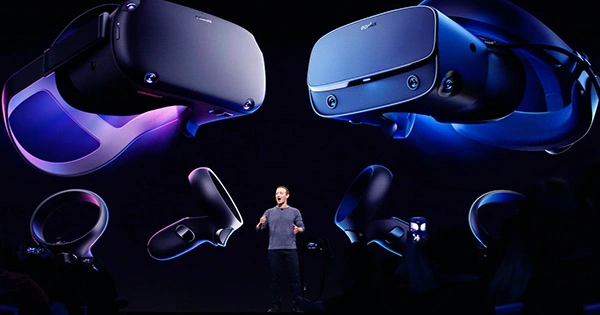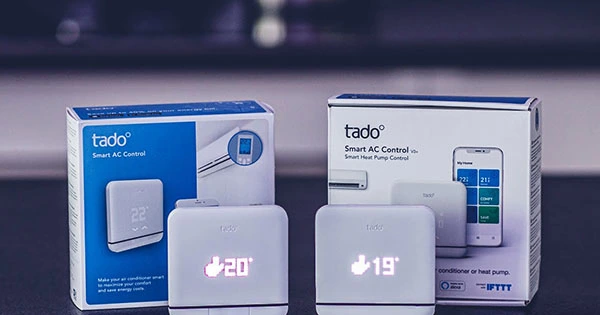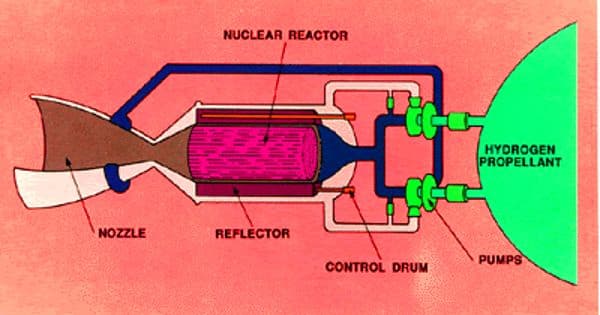Following reports that the FTC’s antitrust case against Meta overcame a key obstacle earlier this week, the agency is now reportedly looking at the company’s virtual reality operations. According to Bloomberg, the Federal Trade Commission and a number of state attorneys general are investigating Meta’s virtual reality section for “possible anti-competitive actions.” The state-level probe apparently led by New York, has been speaking with outside software developers who create apps for Meta’s virtual reality experience.
State and federal regulators are looking into whether the company used anti-competitive tactics to stifle competition in the virtual reality market. According to Bloomberg, the officials were particularly interested in how the firm subsidizes the price of its Quest 2 VR headset in order to push it on consumers and box out the competition. The FTC’s investigation of Meta’s app store, hardware, and software policies suggests that the company’s acquisitions are not the only issue in what could be a major antitrust case that defines the future era of internet enterprises.
The FTC was investigating Meta’s proposed acquisition of Supernatural, virtual reality fitness software, in a deal valued more than $400 million, according to The Information in December. A judge determined earlier this week that the FTC is big antitrust case against Facebook (owned by parent firm Meta) could proceed, dismissing the company’s attempt to stop it. In December, Facebook requested the court to dismiss the lawsuit and asked FTC Chair Lina Khan to recuse herself since she is a proponent of breaking up big tech.
The FTC accuses Facebook of misusing its market position to stifle competitors in the social media arena, and asks a judge to order parent company Meta to sell itself of Instagram and WhatsApp. “However, the facts asserted this time around to support those theories are substantially more robust and precise than previously, particularly in regard to the dimensions of Defendant’s putative monopoly,” noted U.S. District Judge James Boasberg. “… Although the agency may face a difficult time in proving its accusations down the road, the Court feels it has now cleared the pleading threshold and may move forward with discovery.”
















